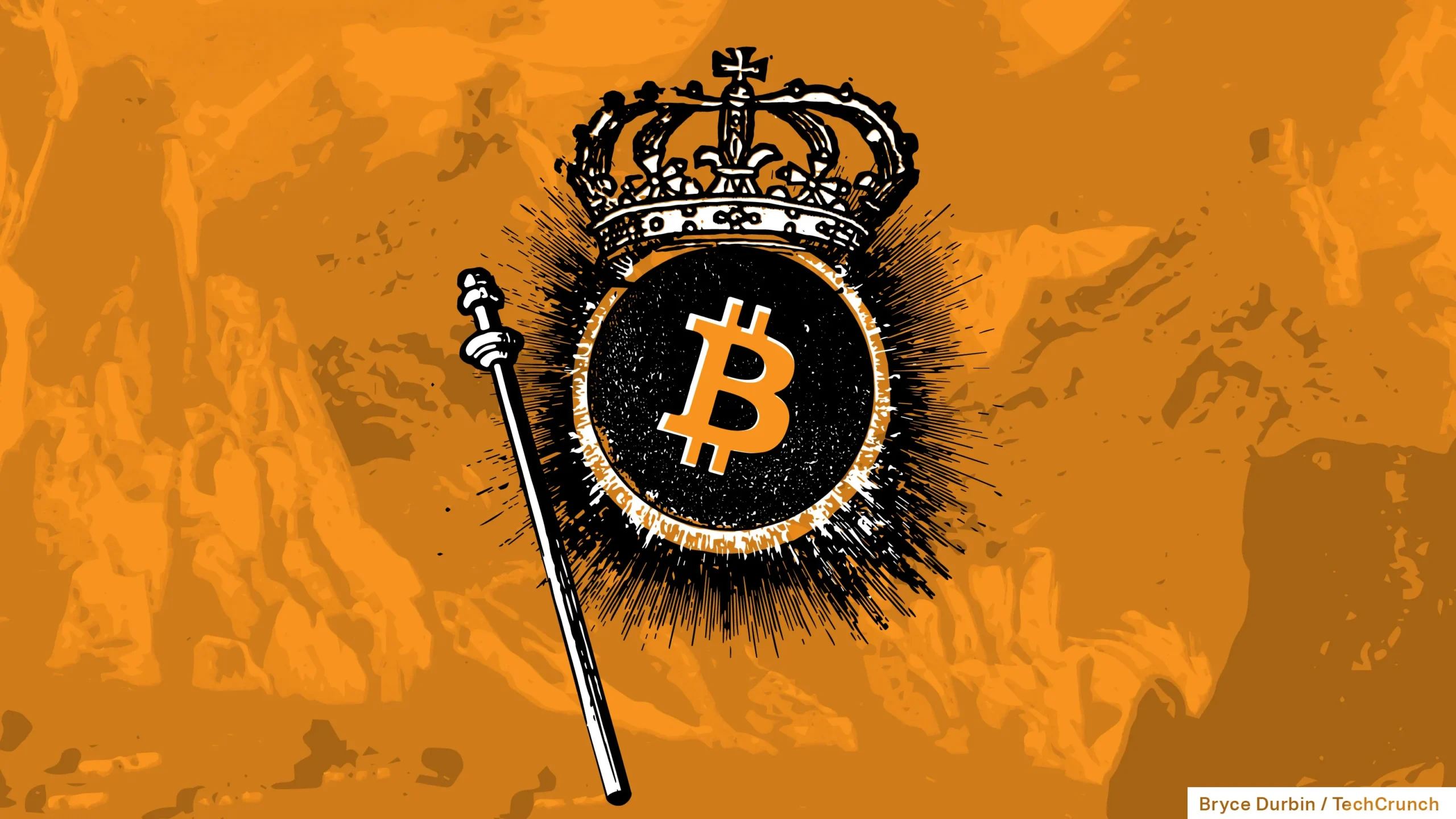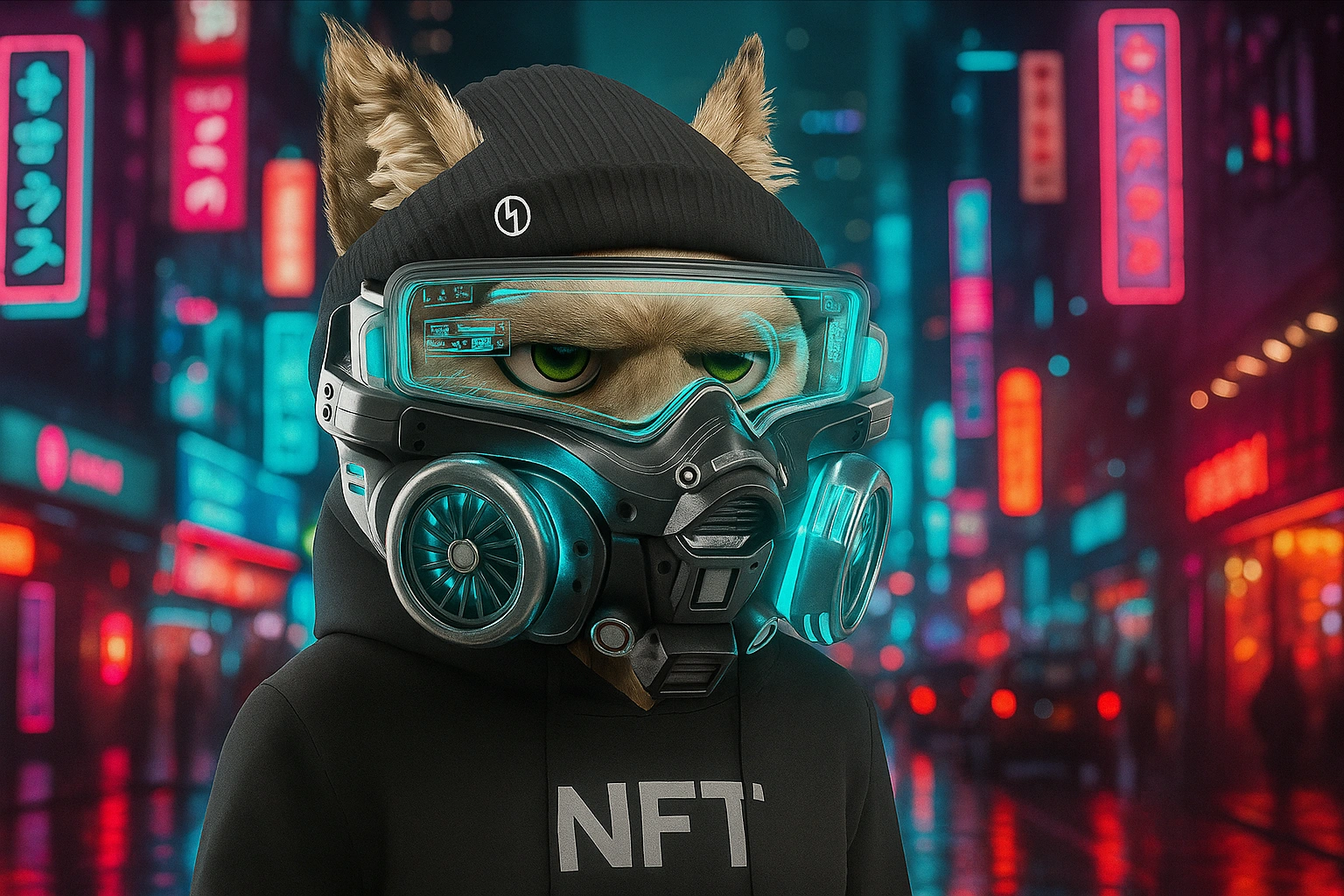When Hype Fades: Where Does the Metaverse Trend Stand in 2025?
Just a few years ago, the metaverse trend was touted as inevitable. Major brands staked millions on virtual real estate. Game studios rushed to release blockchain-powered platforms. But in 2025, the noise has died down. Now the real question is surfacing: what are the risks of betting on a digital universe that still hasn’t found its footing?
The hype gave way to harder questions—about regulation, sustainability, and even user interest. And while Web3 gaming remains one of the stronger metaverse use cases, even that sector isn’t immune to risk.
The Risk of Oversaturation and Digital Fatigue

Credit from Training Industry
One of the most underestimated challenges facing the metaverse is content fatigue. As more platforms offer immersive experiences, the lines blur, and users become overwhelmed rather than engaged.
By mid-2025, many early adopters report feeling burned out—juggling identities, wallets, avatars, and token economies across multiple platforms. This cognitive friction could be a silent killer of adoption rates. A few Vietnamese platforms have tried to simplify the experience, but ease-of-use remains a work in progress.
It raises a concern: are we building faster than we’re listening?
Web3 Gaming: A Strength or a Structural Risk?

Credit from ASEAN Business Partners
On paper, Web3 gaming continues to lead metaverse activity. In practice, it’s facing its own growing pains. The shift from play-to-earn to play-and-own was meant to stabilize the market, but profitability remains unpredictable.
Some Vietnamese blockchain gaming startups that launched in 2023 are now pivoting or merging due to high burn rates and unclear user retention. While many games introduced meaningful mechanics, others fell into token inflation cycles or relied too heavily on speculative players.
There’s still innovation happening—particularly in Web3 gaming Vietnam scenes like Hanoi and Ho Chi Minh City—but the gold rush is over. What remains are teams focused on utility, not hype. It’s a positive correction, but also a stark reminder: financialized games carry inherent volatility.
A Global Trend, but Local Risks: Vietnam’s Metaverse Position

Credit from openPR.com
Vietnam’s role in the metaverse trend is unique. The country boasts one of the most active developer communities in Southeast Asia and a digitally native youth demographic. But this also brings specific regional challenges.
From regulatory uncertainty to infrastructure limitations, adoption of metaverse technology in Vietnam is still navigating barriers. While mobile-first strategies are helping, not all metaverse platforms are optimized for low-bandwidth environments or basic devices.
Additionally, Vietnam crypto trends remain vulnerable to shifts in international regulation. Inconsistent policies around NFTs and digital assets can slow growth or force startups to relocate. For founders building Metaverse startups in Vietnam, agility isn’t just a plus—it’s a survival skill.
Data Privacy, Security, and the Cost of Trust
Another growing risk is around user trust. In decentralized systems, responsibility often shifts toward the user. But in reality, most people are not equipped to safeguard their wallets, identities, or digital property.
Security lapses—especially in blockchain game Vietnam ecosystems—have already led to high-profile token thefts and account breaches. This undermines long-term trust, especially for new entrants and casual players. In this context, onboarding isn’t just a UX challenge—it’s a security one.
And with AI-generated avatars and deepfake-enabled environments becoming easier to produce, identity fraud is an emerging concern within digital social spaces.
Conclusion: The Metaverse Trend Isn’t Dead, But It’s on Trial
In 2025, the metaverse trend is still evolving—but not without friction. Web3 gaming offers one of the clearest paths forward, yet it must adapt to avoid repeating the same boom-bust cycles of earlier blockchain experiments.
For Vietnam, the moment is both fragile and full of potential. The local community continues to build quietly, learning from global missteps and tailoring experiences to local realities.
Whether the metaverse becomes mainstream or niche will depend less on headlines—and more on how honestly we confront its real risks. Because sometimes, surviving the hype is the first true sign of staying power.




